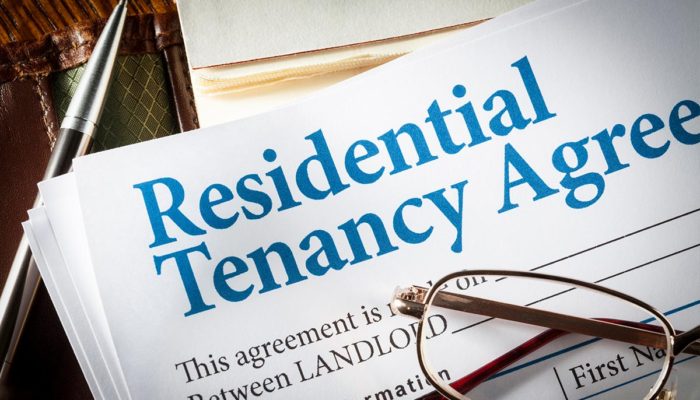Investing in rental property is the most time-tested way of building wealth, especially in the Vancouver real estate market. Who hasn’t dreamed of creating enough passive income to be able to quit the day job and instead lie on the beach, sit back and relax while the monthly rent checks come in?
The life of a real estate investor isn’t as easy as it might seem, but if done properly you will be one step closer to your early retirement dream.
Here are three tips for successfully launching your future as a real estate investor in Vancouver:
1. Keep it simple
First, only invest in rental property that is easy and inexpensive to maintain
Many beginning real estate investors in Vancouver make the mistake of thinking that the more lavish amenities their rental property has – things like lush landscaping, state-of-the-art kitchen appliances, and high-end flooring – the more they can charge for rent and the more profit they’ll make.
But they forget that the profit for a typical real estate investor is made up of two things:
- Income from the rents that come in and…
- Monthly expenses such as the mortgage, taxes, insurance, repairs and maintenance, and collections and attorney fees if a tenant goes bad on them.
While it’s true that a lavish property will demand a higher rental price than would a basic, plain vanilla property, with a high-amenity property there will also be more money in expenses going out by way of higher maintenance and repair expenses. That’s because tenants in Vancouver don’t take care of their place the same way that an owner who lives in the house would.
Fixing those high-end appliances, maintaining the landscaping, and patching and painting each time a tenant moves out doesn’t come cheap, and if you’re not careful the profit you thought you were going to make turns into a loss.
Investing in a rental property with basic appliances, landscaping and fixtures may not be as exciting as owning a lavish property, but the reason you’re investing in income property is to make a profit. A basic house or condominium means that both the expenses and the net income of the rental unit will be much more routine, and lead to a more stable predictable profit.
2. Be prepared for what it takes
Next, ask yourself if you really want to be a landlord. This is part of the life of a real estate investor. There’s an unwritten rule in property management that if a problem is going to occur, it will happen at the worst possible time, and not during normal business hours during the weekday.
So as a landlord you’ll need to be prepared for the occasional late night call from the tenant with a clogged toilet or a furnace that won’t start in the dead of winter. If you fix things yourself you’ll need to be a jack-of-all-trades, or if you call a professional be prepared to pay a surcharge for after hours or weekend work.
After buying their first rental home or two, most investors enlist the service of a Vancouver property management company to screen tenants, prepare the leases, handle rent collection and deal with any maintenance issues that arise. Property management agreements can sometimes be one-sided and not in favor of the landlord. Notary publics in Vancouver can review the property management agreement, but by law they’re not allowed to give legal advice or recommend any changes to the contract.
Experienced real estate investors enlist the services of a good Vancouver real estate attorney to ensure that the management agreement is fair and balanced and that their money and investment is protected.
Know the law
Last but definitely not least, you need to understand the landlord-tenant laws in Canada. As a real estate investor, don’t make the common beginner mistake of using a boiler-plate rental agreement for tenants and assume that’s all you need to know about Canada’s landlord-tenant laws.
That’s a big mistake, and many times landlords unintentionally violate the law and end up receiving a notice of violation or having to spend a lot of money defending themselves against a accusation of discrimination.
Smart landlords understand that there’s a lot more to dealing with rental property than meets the eye, and enlist a real estate attorney in Vancouver who understands the landlord-tenant laws and who can help them adhere to both the spirit and the letter of the law while at the same time protecting and maximizing the return on their investment.

